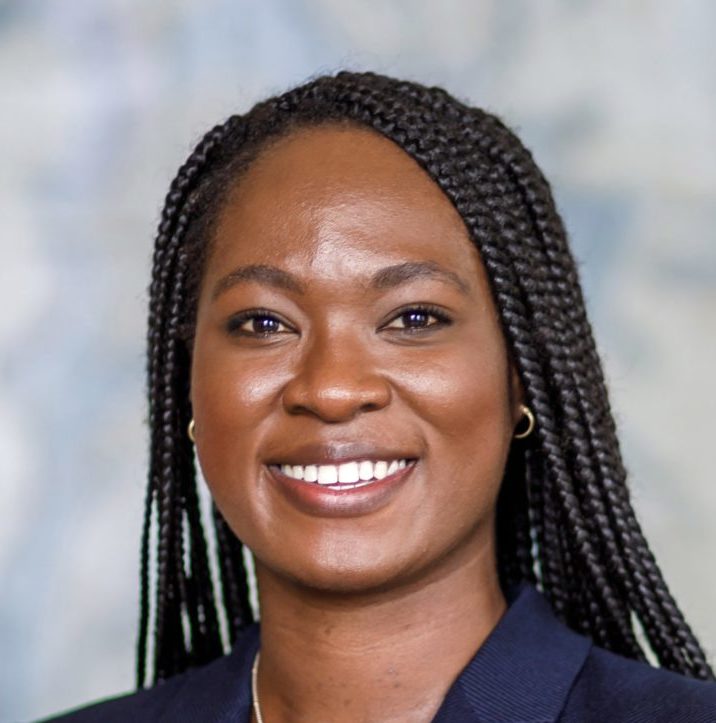Towards Global Alignment and Interoperability: Bringing Stakeholders Together at PAI’s AI Policy Forum
![$hero_image['alt']](https://partnershiponai.org/wp-content/uploads/2024/07/policy-interoperability-1800x832-1.png)
So far in 2024, we have seen a significant surge in new policies, frameworks, institutes, and governance bodies aimed at addressing AI governance and safety. As the models underpinning AI systems continue to evolve and people deploy them in increasingly varied contexts, the necessity of coordinated global efforts to ensure it is being created and used responsibly continues to grow. Recent global forums, like the G7 Summit which followed the Seoul Summit, have been convening to discuss the benefits and risks of AI and the roles that governance bodies play in developing the technology responsibly.
As bodies such as the G7, UN, and the new Network of Institutes seek to launch new initiatives and enhance existing agendas, ensuring technical interoperability and institutional alignment is vital. Organizations must collaborate to achieve global consensus and interoperability, both structurally and in the details in policy frameworks. For example, how would a new International Scientific Panel on AI hosted by the UN work alongside the Network of Safety Institutes and the State of Science Report, if announced in September 2024?
This alignment is not only necessary between international bodies, but also with region or country-specific initiatives. For instance, while global fora explore the launch of panels, how might these bodies align with and be informed by the EU’s Scientific Panel and Advisory Forum? How will the definition of foundation, general purpose, and dual-use models help or hinder interoperability including if thresholds are set differently by global and regional-specific frameworks? And how might the next steps being taken to implement the AI Act—such as the development of harmonized standards and Codes of Conduct—promote or complicate alignment efforts?
We see interoperability as critical in several ways. It will reduce compliance burdens, allowing new AI models and systems to be shared more quickly and more widely. It will promote safety and accountability, by setting common standards for identifying and addressing AI risks. And it will promote innovation and inclusion by allowing new AI to be adopted and adapted in more places, allowing developers around the world to solve both local and global challenges.
More than ever, the international AI governance community needs to connect and collaborate to ensure endeavors towards safe, responsible AI can deliver impact. This includes the multilateral and national governing bodies, but importantly, leaders from industry, civil society, and academia. To that end, ahead of the UN Summit of the Future where Member States will adopt the Global Digital Compact, PAI is bringing together our cross-sector community of partners and collaborators for our second AI Policy Forum on September 20. As the Global Digital Compact aims to ensure international cooperation on the future of responsible technology, PAI is leading a conversation with our responsible AI community on their roles in creating a more just and equitable future.
This year’s AI Policy Forum centers on the theme “Towards an Inclusive AI Future” and aims to foster collaboration among diverse stakeholders to shape AI policies that benefit people and society. Given the Global Digital Compact is intended to “outline shared principles for an open, free and secure digital future for all,” and will be a central lever in UN-led efforts to enhance cooperation in AI, this is the right time for our PAI community to convene and contribute to this wider global discourse.
The Forum will feature discussions on global AI governance where leaders from industry, civil society, academia, and policy can share their unique viewpoints and approaches. One such topic is global governance across the evolving AI value chain; as AI agents begin to change how people interact with AI, it is important to understand the complex web of actors and their responsibilities in mitigating risks so that policies are correctly targeted to ensure positive change. Another key discussion will be on the necessity of inclusive and diverse stakeholder engagement, exploring recommendations from PAI’s Global Task Force for Inclusive AI design, development, and deployment. The Task Force was cited by the White House as a response to the call for inclusion in the Blueprint for an AI Bill of Rights. The Forum also provides a unique platform for representatives from civil society to share perspectives on emerging issues, such as climate and AI.
At the Forum, PAI will be launching its first and forthcoming report on global interoperability, which will assess global documentation requirements for foundation models across a number of national and international policy frameworks, to identify potential alignment challenges and opportunities between them – now and in the future. Our analysis and recommendations will portray the need to work towards harmonizing diverse initiatives now to ensure they become an enabler rather than a barrier to ensuring trust and safety across borders and harnessing the benefits of AI innovation.
This will be our second Forum. In the Fall of 2023, we held our inaugural policy forum where policymakers, AI experts, philanthropists, civil society representatives, and academic scholars convened in London. The Forum emphasized the importance of engaging diverse stakeholders in creating responsible AI policy, deepening public understanding of AI to advance accountability, and sharing knowledge across disciplines to understand AI risks. Insights from the policy forum were brought to the international stage at the UK AI Safety Summit, where PAI CEO Rebecca Finlay was one of few civil society participants.
This year’s AI Policy Forum will be just one of many more discussions set to shape the future of AI governance. PAI’s CEO Rebecca Finlay has joined the steering committee of the France AI Action Summit, taking place in early 2025, and members of the PAI team will represent PAI across the Summit’s five working groups.
Our vision for the future includes continued international cooperation and collaboration, and the integration of inclusive and equitable AI policies. We encourage you to support our global push for responsible AI by following along via our newsletter.




